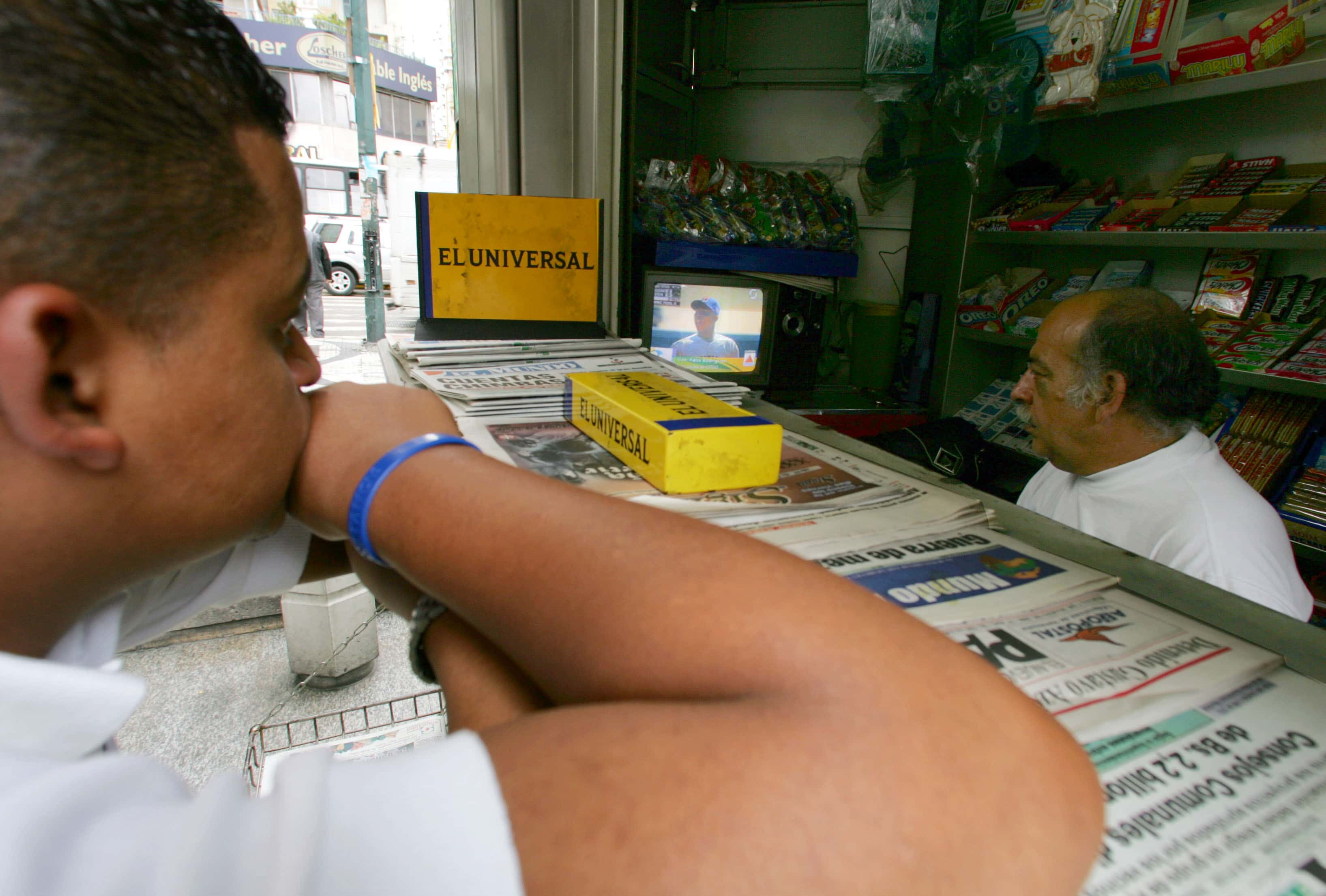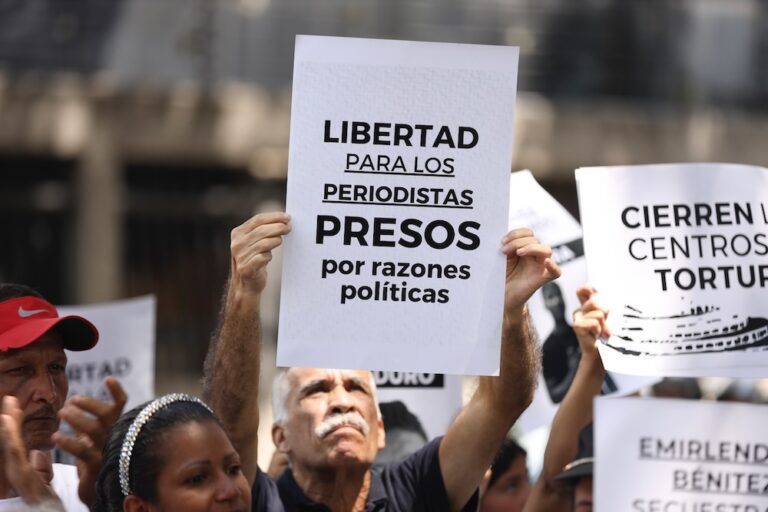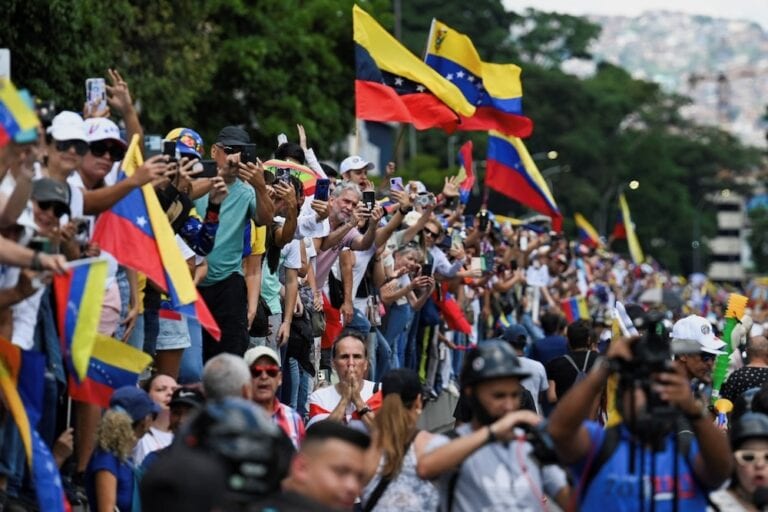The Inter American Press Association calls on the Venezuelan government to terminate its foreign currency requirements for newsprint paper and printing materials, so that several outlets can resume publication after having suspended it due to lack of supplies.
The Inter American Press Association (IAPA) called on the Venezuelan government to terminate its foreign currency requirements for newsprint paper and printing materials, so that several outlets can resume publication after having suspended it due to lack of supplies.
The IAPA urged the Venezuelan authorities to end bureaucratic procedures that tarnish press freedom in the South American country. The chairman of the organization’s Committee on Freedom of the Press and Information, Claudio Paolillo, declared that, as expressed in the Declaration of Chapultepec and in the Principles on Freedom of Expression at the inter-American level, “licenses for importing newsprint or newspaper equipment are contrary to the free flow of information which should prevail in a democracy.”
The government’s impediments and requirements imposed on the import of newsprint and other supplies for newspaper production that are not manufactured in Venezuela, affect mainly the smaller and province based newspapers that usually have to resort to distributors. Since early last month, several papers have stopped printing due to lack of supplies.
Among these are El Sol de Maturín in Monagas state; Antocha in Anzoátegui; El Caribazo, La Hora and El Caribe in Nueva Esparta, and Los Llanos and El Espacio in Barinas.
Paolillo, editor of the Montevideo, Uruguay weekly Búsqueda, said that “we could be facing a catastrophe of great proportions for press freedom if the operating capacity of the Venezuelan newspapers is reduced.” He added, “It is hard not to believe that import licenses are being used with the intent of muzzling the press,” which is why he urged authorities to stop imposing anti-democratic restrictions.
In order to import, newspapers (or newsprint distributors) need to receive a “certification of products of no-national production”, a permit that has to be issued by the Ministry of Industry and Commerce. In addition to this, they need a foreign exchange quota allowed by the Foreign Exchange Commission (Cadivi). The Ministry has been reluctant in issuing these licenses following the newspapers’ complaints regarding the government’s decision in 2012 to withdraw newsprint from the list of priority good imports, a decision that has affected both the independent press and government allies.
These inconveniences- in importing newsprint and other supplies -are nothing new. In 2007 the IAPA complained to Cadivi that “IAPA is concerned that the majority of Venezuelan newspapers have the same uncertainty about importing newsprint and other supplies, which would put at imminent risk the publication and circulation of their products, thus affecting press freedom, freedom of expression and the people’s right to information.”
Another main problem is that the control of foreign exchange brought about high levels of speculation in the price of supplies. Some newspapers found themselves having to stop buying production materials outside of the official foreign currency market, due to its increasingly high costs.
The newspaper El Nacional recently reported that of the 46 provincial newspapers in Venezuela 25 are about to exhaust their supply of newsprint.



